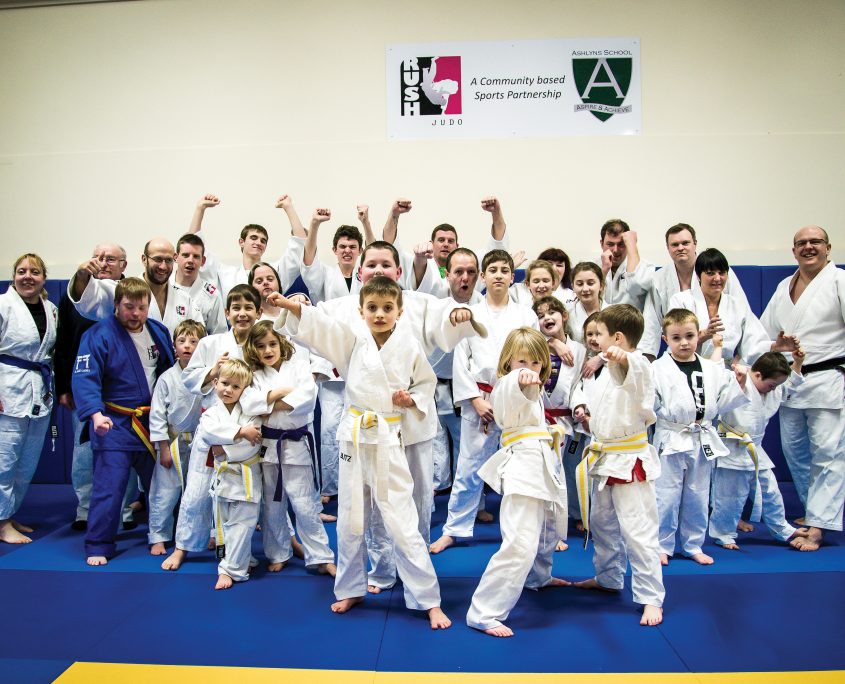“If judo was just about winning competitions and medals, it would be merely a sport. Jigora Kano envisaged judo as a “michi” (or a way of life). A person well past contesting age, or who indeed has never been interested in the competitive side of judo can, by studying judo kata, find a fulfilling study, both physically and mentally” (Essential Judo Katas 2003).
Kata can be thought of, as the grammar of judo and the study of it can only enhance your detailed knowledge of techniques and the principles of judo. What is so good about the study of kata, is the fact that there is so much to learn and the more knowledge one attains, the more interesting it becomes.
There are a variety of katas that can be studied, but only a few are studied within the British Judo Association (BJA). The katas mostly studied in the BJA are “Nage no kata” (a throwing kata which is divided into five sets of three throws with each throw demonstrated on both the right and the left) and “Katame no kata” (a groundwork kata of three sets, each set having five techniques.) These two katas are known as the Randori no kata.
The National Kata Commission are a group of officials entrusted by British Judo to oversee, develop and coordinate Kata in the UK.
The National Kata Commission’s remit is to:
- Promote, review and update all aspects of good practice in Kata
- Oversee the updating and implementation of British Judo Kata & Kata activities
- Provide examinations in five Kodokan Kata (Nage-no Kata, Katame-no-Kata, Ju-no-Kata, Kime-no-Kata and Kodokan Goshin Jutsu)
- Organise selection event(s) and select the British Judo Kata Team for entry into EJU and IJF Championships
- Facilitate the training of IJF, EJU & National Kata Judges
- Facilitate training for Senior Kata Examiners and Kata Examiners and monitor and review their activities
- Consider and select appointments of Kata Judges, Senior Kata Examiners and Kata Examiners
- Provide Kata courses, seminars and revalidation events, etc. to promote and oversee Kata development
- Organise, provide and run National Kata Championships
Please watch the following video to help bring Kata to life, following the Kata World Championships in 2015:
There are four levels of Kata awards that can be bestowed. Details of these awards can be obtained from the BJA Kata Commission.
There are many kata competitions at both National and International level with the European Judo Union (EJU) and the International Judo Federation (IJF) holding European and World Championships every year. Many pairs of competitors are mixed gender, and in singles competition, male and females compete against each other on a completely level playing field.
These competitions act as a great route for any judoka who has an interest in competing in a technical event with a partner, also not forgetting the route that one can take to become an International Judge.
The study of Kata for both juniors and seniors is invaluable and it will improve their overall judo technique along with providing a pertinent depth of knowledge in the sport of judo.
If you would like to find out more information about Kata and how you can get involved, please contact Eddie Awford at eddieawford@uk2.net





